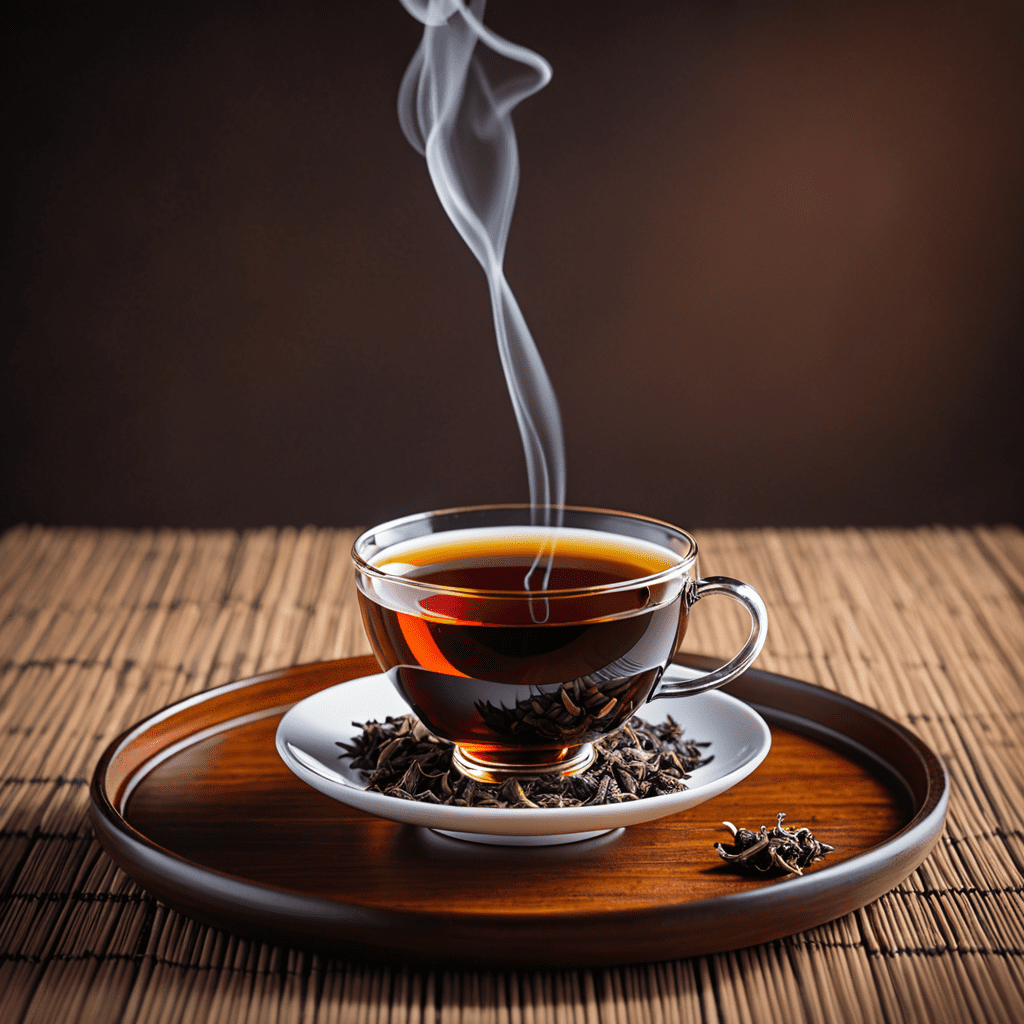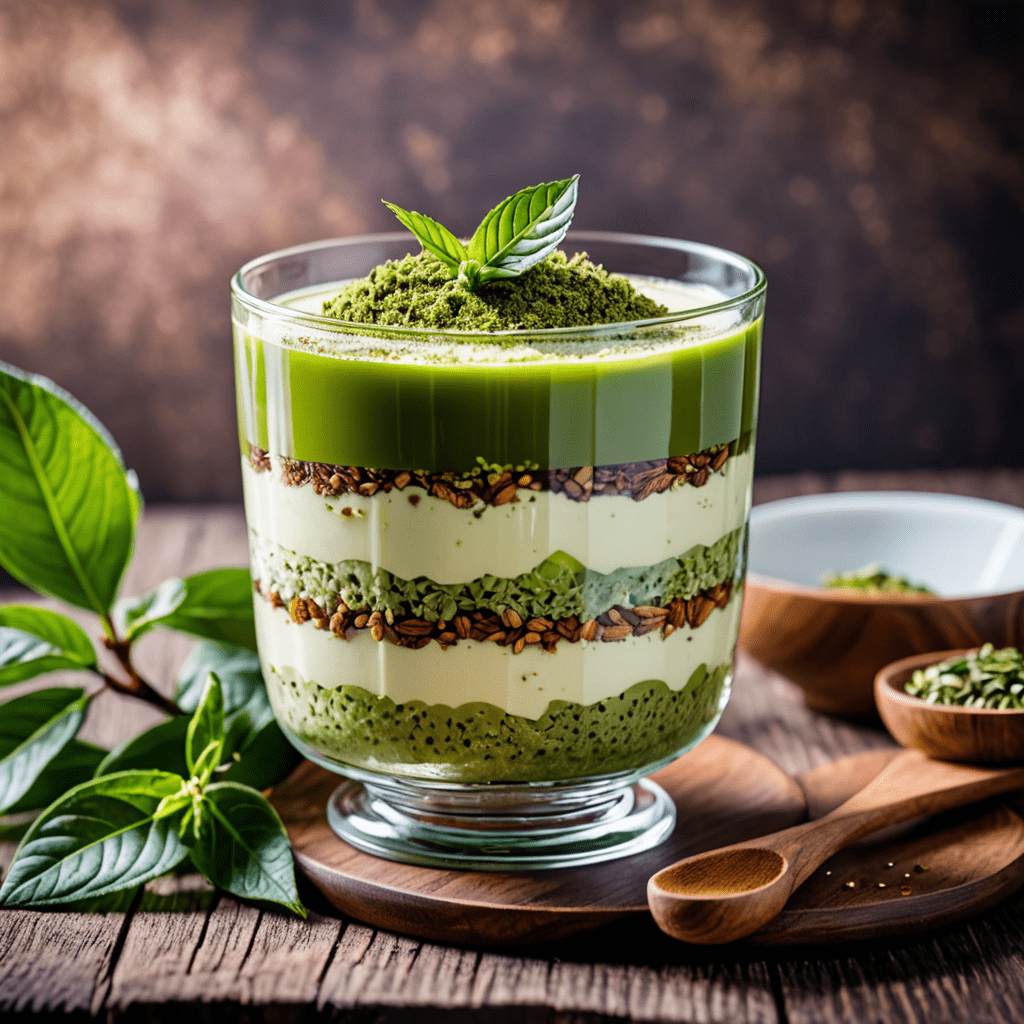History of Ceylon Tea
Ceylon tea, renowned for its rich flavor and exquisite aroma, holds a prominent place in the world of tea. Its origins can be traced back to the 1840s, when British planters introduced tea seeds from China and Assam to the island of Ceylon, now known as Sri Lanka. These initial attempts met with limited success due to unsuitable climatic conditions. However, in 1867, James Taylor, a Scottish planter, established the first successful tea plantation in Loolecondera Estate, marking the beginning of Ceylon's tea industry.
Characteristics of Ceylon Tea
Ceylon tea is distinguished by its unique flavor profile, characterized by its briskness, full-bodied strength, and subtle notes of citrus and spice. This distinct character is attributed to a combination of factors, including the island's geographical location, climate, and the meticulous care taken in its cultivation and production. Ceylon tea is classified into several grades based on its quality, with the highest grade being Orange Pekoe (OP).
Cultivation and Production of Ceylon Tea
The cultivation of Ceylon tea is an intricate process that requires careful attention to detail. Tea plants are grown in carefully managed plantations, where they are nurtured through various stages of growth. The ideal climate for tea cultivation is one with moderate temperatures, ample rainfall, and well-drained soil. Ceylon tea is handpicked during the optimal time of day to ensure maximum quality. After harvesting, the leaves are processed through a series of steps, including withering, rolling, and oxidation, to develop their distinctive flavor and aroma.
Economic Impact of Ceylon Tea
Ceylon tea has a significant economic impact on Sri Lanka. It is the country's largest agricultural export, accounting for a substantial portion of its foreign exchange earnings. The tea industry provides employment to a large number of people, both directly and indirectly, contributing to the livelihoods of countless families. Moreover, it has played a pivotal role in the development of Sri Lanka's infrastructure and social services, supporting schools, hospitals, and other essential amenities.
Health Benefits of Ceylon Tea
Beyond its taste and economic importance, Ceylon tea is also valued for its potential health benefits. It is a rich source of antioxidants, which have been linked to numerous health benefits, including reduced inflammation, improved heart health, and lower risk of certain types of cancer. Additionally, Ceylon tea contains caffeine, which can provide a boost in energy and alertness. It is important to note that moderate consumption is key to reaping the health benefits of Ceylon tea, as excessive caffeine intake can lead to adverse effects.
6. Ceylon Tea in Tea Ceremony Practices
Ceylon tea has gained immense popularity in tea ceremony practices worldwide. Its unique flavor and versatility make it an ideal choice for various tea ceremonies, each with its own distinct cultural significance. The preparation and presentation of Ceylon tea in these ceremonies are often elaborate and steeped in tradition, showcasing the respect and appreciation for the beverage.
7. Ceremonial Uses of Ceylon Tea
In many cultures, Ceylon tea is used in specific tea ceremonies that hold cultural and spiritual significance. For instance, in the Japanese tea ceremony, known as chanoyu or chadō, Ceylon tea is often served as a welcome drink to guests. The preparation and serving of Ceylon tea in chanoyu follow strict etiquette, emphasizing the importance of mindfulness, harmony, and respect.
8. Cultural Significance of Ceylon Tea in Tea Ceremonies
Ceylon tea has become an integral part of tea ceremonies in various cultures, symbolizing hospitality, friendship, and cultural exchange. In the Middle East, Ceylon tea is often served with dates or sweets as a gesture of welcome and generosity. In Britain, afternoon tea, a social tradition dating back to the 19th century, typically features Ceylon tea as the beverage of choice.
9. Symbolism of Ceylon Tea in Tea Ceremonies
In many cultures, Ceylon tea holds symbolic meanings that go beyond its taste and aroma. In traditional Chinese tea ceremonies, Ceylon tea represents purity, balance, and harmony. In Tibetan Buddhist rituals, it is used as an offering to deities and is believed to have spiritual cleansing properties.
10. Modern Adaptations of Ceylon Tea in Tea Ceremonies
While traditional tea ceremonies continue to preserve the cultural heritage associated with Ceylon tea, modern adaptations have also emerged. In contemporary tea ceremonies, Ceylon tea is often blended with other teas or infused with herbs and spices to create unique flavor profiles. Additionally, modern tea ceremonies often incorporate elements of mindfulness and meditation, using Ceylon tea as a catalyst for introspection and relaxation.
Frequently Asked Questions (FAQs)
What is the best way to prepare Ceylon tea for a tea ceremony?
The ideal way to prepare Ceylon tea for a tea ceremony depends on the specific tradition or culture. However, generally, it involves using high-quality loose-leaf tea, brewing it with hot water at the appropriate temperature, and steeping it for the optimal amount of time to extract its full flavor and aroma.
What are some popular tea ceremony practices that feature Ceylon tea?
Ceylon tea is used in various tea ceremonies worldwide, including the Japanese tea ceremony (chanoyu), the Chinese tea ceremony (gongfu cha), and the British afternoon tea. Each ceremony has its own unique set of rituals and etiquette associated with the preparation and serving of Ceylon tea.
What are the health benefits of drinking Ceylon tea?
Ceylon tea is a rich source of antioxidants, which have been linked to numerous health benefits, including reduced inflammation, improved heart health, and lower risk of certain types of cancer. Additionally, Ceylon tea contains caffeine, which can provide a boost in energy and alertness.


